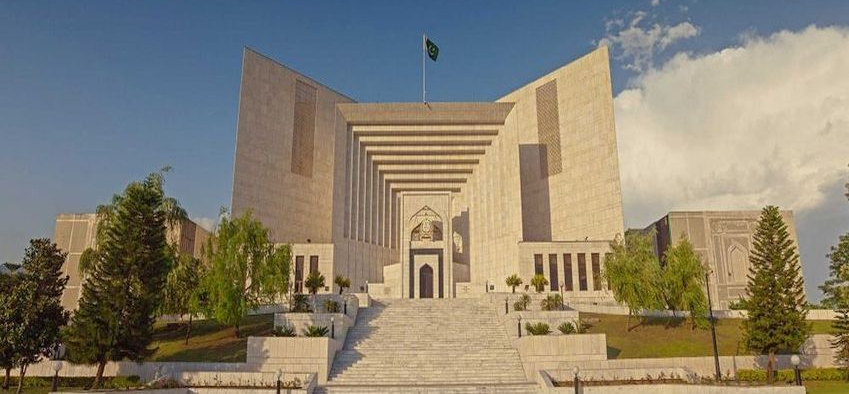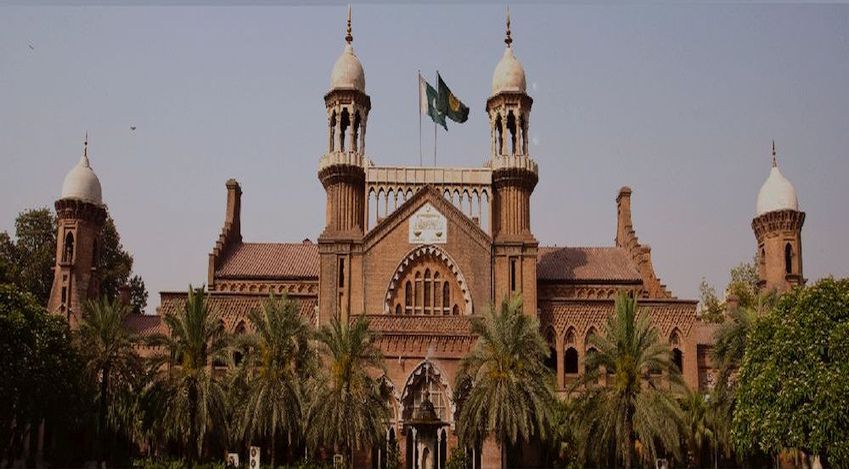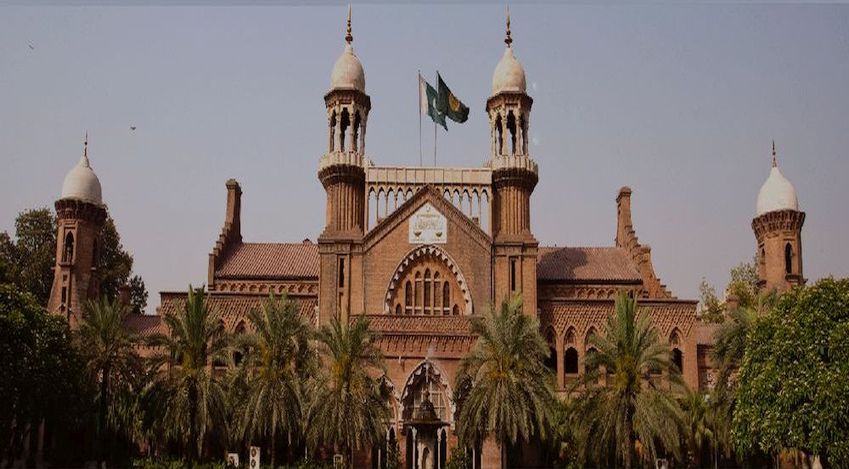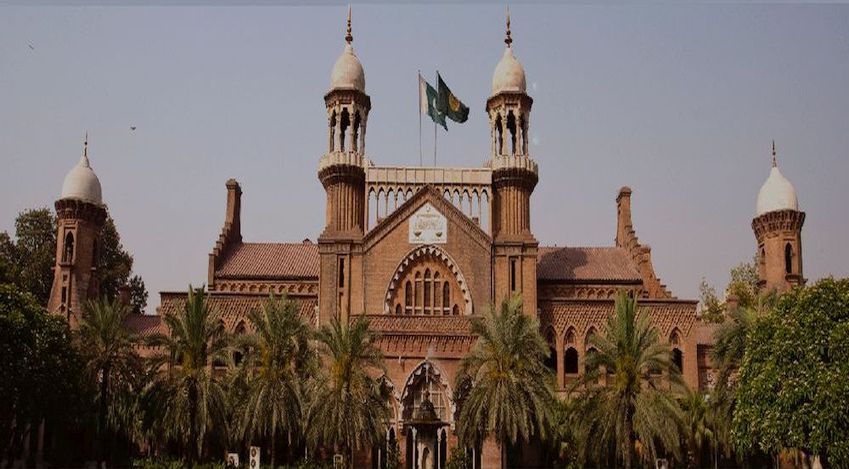The High Court lacks Jurisdiction in Civil Service matters due to the bar under Article 212 of the Constitution --- Supreme Court of Pakistan
Islamabad 16-09-2024: The Supreme Court of Pakistan has dismissed a petition filed by eleven civil servants challenging their exclusion from consideration for promotion to Senior Certified Teachers (SCT) in Buner District. The petitioners, whose services were regularized under the Khyber Pakhtunkhwa Employees of the Elementary and Secondary Education (Appointment & Regularization of Services) Act, 2017, had invoked the constitutional jurisdiction of the Peshawar High Court under Article 199 of the Constitution. However, the Supreme Court of Pakistan ruled that the High Court lacked jurisdiction to entertain the petition due to the bar under Article 212 of the Constitution, which vests exclusive authority in service tribunals for matters related to civil servants’ terms and conditions of service.
The petitioners were initially appointed on an ad hoc/contract basis in 2015 and subsequently regularized in 2018. They challenged the recommendations of the Departmental Promotion Committee (DPC) held in November 2019, which excluded their cases from consideration for promotion. The petitioners approached the High Court seeking to set aside the DPC’s decision and the subsequent notification approving promotions of other eligible candidates.
The petitioners’ counsel argued that the matter involved fundamental rights and thus fell within the High Court’s jurisdiction under Article 199. However, the Supreme Court of Pakistan emphasized that under Article 212, the exclusive jurisdiction to handle matters related to civil servants’ promotions and eligibility lies with the service tribunals established under the Khyber Pakhtunkhwa Service Tribunals Act, 1974.
The Court noted that the petitioners’ grievance regarding their eligibility for promotion was directly related to their terms and conditions of service, a matter that is not within the purview of the High Court. The Court clarified that the distinction between eligibility and fitness for promotion is critical, with eligibility being a legal question related to the terms and conditions of service, and fitness being a subjective assessment of an employee’s suitability for promotion.
The Court held that the High Court had erred in entertaining the petition on merits without addressing the issue of maintainability. It was highlighted that the constitutional bar under Article 212 is absolute, even when fundamental rights are at issue. The Court noted that the High Court’s decision on the merits of the case was per incuriam, as it failed to account for the jurisdictional bar.
Citing precedents from previous cases such as Tasleem Jan Vs. Muhammad Zaman (2005 SCMR 695) and Muhammad Anis Vs. Abdul Haseeb (PLD 1994 Supreme Court 539), the Supreme Court of Pakistan reiterated that service tribunals have exclusive jurisdiction over matters concerning civil servants, including promotion eligibility and grievances. The petitioners were advised to seek recourse before the relevant service tribunal.
The Supreme Court of Pakistan dismissed the petition on grounds of maintainability and reaffirmed the constitutional command that bars the High Court from hearing matters related to Civil Servants terms and conditions of service. The Court also clarified that the findings of the High Court on the merits of the case would not prejudice any proceedings before the competent service tribunal.
This ruling underscores the jurisdictional boundaries set by Article 212 of the Constitution, reinforcing the exclusive role of service tribunals in adjudicating disputes concerning civil servants in Pakistan.
Powered by Froala Editor








